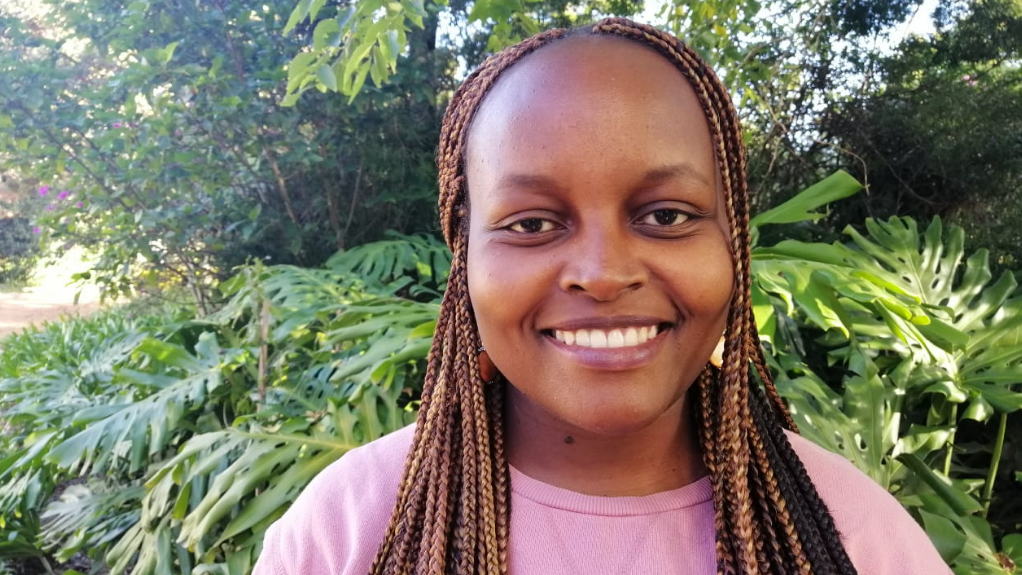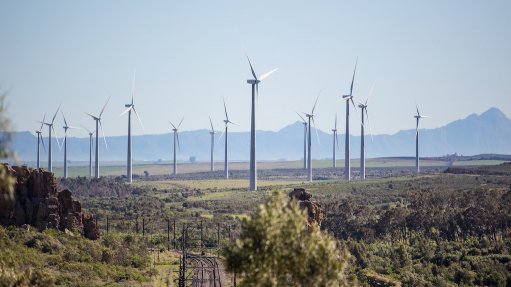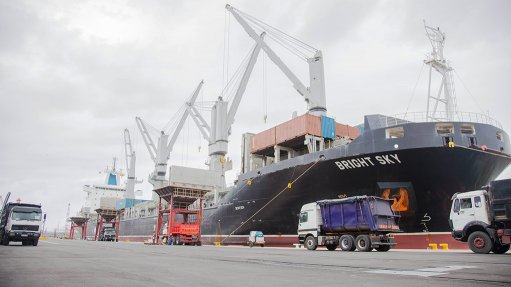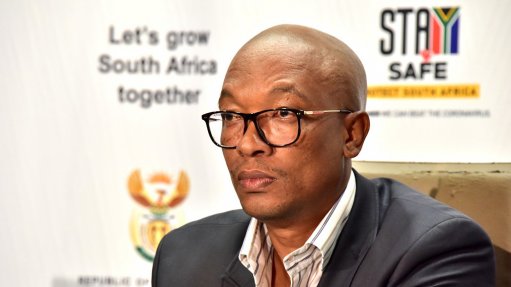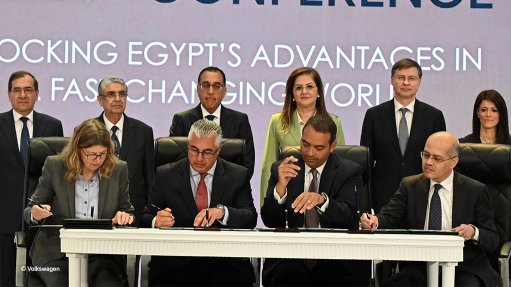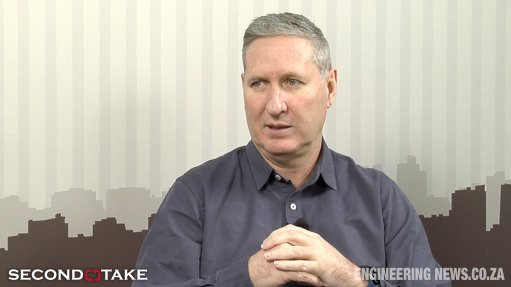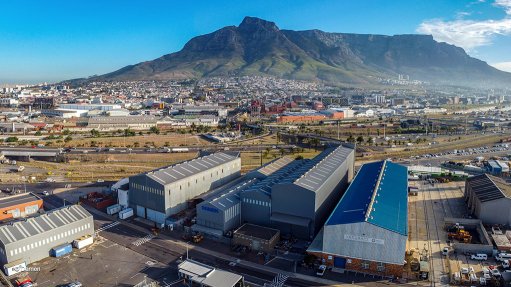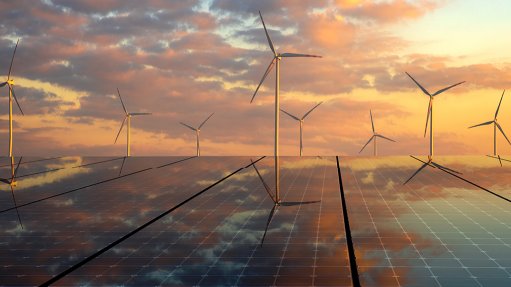Opinion: Time to open the floodgates on infrastructure development
In this article, Stellenbosch University PhD student and Centre for Sustainability Transitions junior researcher Alboricah Rathupetsane writes about the impact of extreme weather events on South Africa's infrastructure and the need for increased investment in infrastructure development, as well as to incorporate climate resilience in infrastructure.
Extreme weather is increasingly undermining South Africa’s already rickety infrastructure. The people of KwaZulu-Natal are still living with the impacts of the devastating April 2022 floods that destroyed 4 000 homes and caused damage of over R31-billion. Meanwhile, water and sanitation in Johannesburg is heading towards collapse due to a growing maintenance backlog.
On top of our crumbling systems, higher temperatures are shrinking reservoirs and adding to the severe water shortage already faced by millions of people and businesses. At the same time, the Western Cape experienced its worst fire season ever between December 2023 and January 2024, with over 6 000 recorded fires.
Climate change trends have shown a pattern of increasing average temperatures in some areas, as well as fewer but more intense rainfall events. This new weather reality not only requires South Africa to invest more in infrastructure but also to incorporate climate resilience in the infrastructure that gets built.
This means designing in features that account for climate change, whether its higher temperatures or heavier rainfalls. For example, areas that are experiencing more flooding events, like KwaZulu-Natal, need robust drainage systems and stormwater storage solutions. While areas experiencing a crisis of water supply need more investment in water resources.
The Southern Africa-Toward Inclusive Economic Development research collaboration published a comprehensive study on the infrastructure needed to achieve water security up to 2050. In the worst-case scenario, the investment required amounts to R314-billion a year, on average. For context, this is significantly more than South Africa’s total annual health budget.
The factors contributing to the costs are familiar:
- Drier climate conditions.
- Not transitioning our energy system from fossil fuels.
- A failure to manage thirsty invasive alien plants.
- Allocating more water to agriculture.
- Overlooking water system disrepair and its impact on efficiency – such as water losses from undetected or unrepaired leaks.
The investment requirements reduce to R256-billion a year under the report’s base scenario, which relies on achieving the country’s Sustainable Development Goals without any significant change in policy or operations. The cheapest scenario costs R214-billion a year, but can only be achieved by addressing the contributing factors mentioned above, along with an aggressive implementation of Water Conservation and Demand Management (WCDM).
The majority of funding in this scenario is required for water resources (how water is sourced or stored), with a smaller fraction needed for water services (how water is delivered to the end-user). Options for ensuring water security by 2050 through water resource management include re-use and desalination technologies. However, these are energy intensive and likely to increase costs over time.
The lack of a sufficient power transmission network is another major infrastructure gap experienced across the country on a daily basis. What we commonly call the electricity grid consists of power lines, electrical towers and substations, which means the loadshedding crisis cannot be solved simply by generating more power. Since insufficient grid infrastructure is hindering renewable energy developers from connecting new power supply, climate resilience in the energy sector will involve expanding and adapting the existing grid to accommodate the country’s increasingly diverse power generation mix.
Adding 4 000 MW to 6 000 MW of power to the grid could bring an end to loadshedding. But over 3 000 MW of wind energy projects were rejected in 2022 due to there being no available grid connection points in the regions where the projects were planned. And new grid connections come at a cost.
Estimates of the kind of investment needed to build out the electricity grid range from R235-billion between 2023 and 2032 – according to Eskom’s Transmission Development Plan, to R373-billion between 2023 and 2035 – according to the Just Energy Transition Investment Plan. Without these investments, South Africa faces a future of continued unreliable electricity.
Economies can only thrive when there is good public infrastructure to deliver basic daily resources to people and businesses. This means well-maintained reservoirs and pipework for the supply of sufficient water, and an adequate number of power lines and substations supplying electricity.
The above-average temperatures and more intense rainfall events we are experiencing in South Africa already show the real need for proper infrastructure intervention by the government. Without it, every flood will lead to the loss of lives and homes, while increasing shortages of water and electricity will continue to devastate communities and stunt economic growth.
All in all, the country’s infrastructure planning and construction needs to consider the real-time impacts of climate change. Future expansion must be robust and resilient. The massive investment needed to achieve energy and water security also means rethinking infrastructure financing – the significant funding gaps must not add to the existing weight of debt around South Africa’s neck.
A new climate and economic reality has already arrived. It’s time we also showed up. It will be the only way we thrive, or even survive, in this new world.
Comments
Press Office
Announcements
What's On
Subscribe to improve your user experience...
Option 1 (equivalent of R125 a month):
Receive a weekly copy of Creamer Media's Engineering News & Mining Weekly magazine
(print copy for those in South Africa and e-magazine for those outside of South Africa)
Receive daily email newsletters
Access to full search results
Access archive of magazine back copies
Access to Projects in Progress
Access to ONE Research Report of your choice in PDF format
Option 2 (equivalent of R375 a month):
All benefits from Option 1
PLUS
Access to Creamer Media's Research Channel Africa for ALL Research Reports, in PDF format, on various industrial and mining sectors
including Electricity; Water; Energy Transition; Hydrogen; Roads, Rail and Ports; Coal; Gold; Platinum; Battery Metals; etc.
Already a subscriber?
Forgotten your password?
Receive weekly copy of Creamer Media's Engineering News & Mining Weekly magazine (print copy for those in South Africa and e-magazine for those outside of South Africa)
➕
Recieve daily email newsletters
➕
Access to full search results
➕
Access archive of magazine back copies
➕
Access to Projects in Progress
➕
Access to ONE Research Report of your choice in PDF format
RESEARCH CHANNEL AFRICA
R4500 (equivalent of R375 a month)
SUBSCRIBEAll benefits from Option 1
➕
Access to Creamer Media's Research Channel Africa for ALL Research Reports on various industrial and mining sectors, in PDF format, including on:
Electricity
➕
Water
➕
Energy Transition
➕
Hydrogen
➕
Roads, Rail and Ports
➕
Coal
➕
Gold
➕
Platinum
➕
Battery Metals
➕
etc.
Receive all benefits from Option 1 or Option 2 delivered to numerous people at your company
➕
Multiple User names and Passwords for simultaneous log-ins
➕
Intranet integration access to all in your organisation



